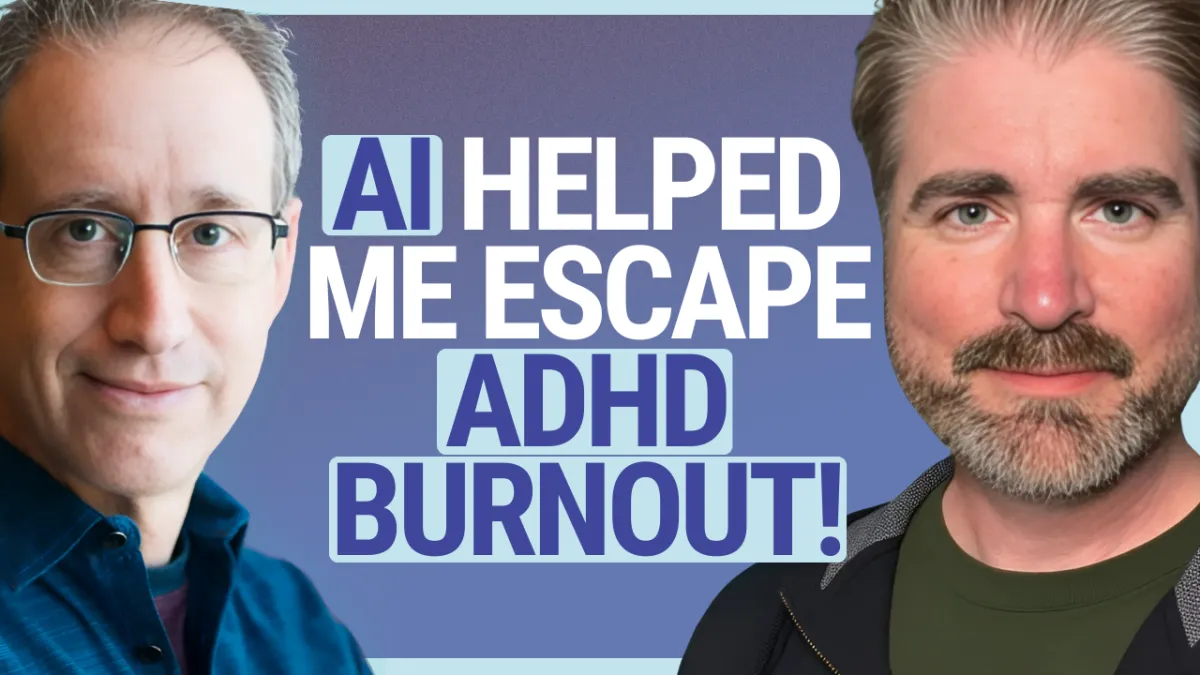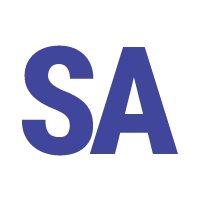Rocket Ship Founder Podcast
Rocket Ship Founder is my weekly podcast dedicated to supporting Founders on their journey. Episodes are short (around 12 minutes) but high value. Each week I dig into a particular topic on Founder life. Special focus on helping ADHD Founders, building great offers and reliable lead flow. Enjoy!
Previous Posts and Podcast Episodes

Can AI Boost Your Career Growth and Productivity?
Career growth today often involves adapting to personal challenges and using modern tools like AI to improve productivity. Many professionals face obstacles in their journey, from personal struggles to work-related distractions.
However, overcoming these challenges is crucial for advancing in your career. By recognizing your strengths and areas of improvement, you can create strategies that help you succeed.
Matt Burch, Co-Founder of Humcrush, a music app that brings back the feel of FM radio, and Foundation Member of Agentics Foundation. Matt is a prime example of someone who has embraced both technology and personal growth. He combines his expertise in AI with his creativity, developing platforms that address real-world challenges.
Through his experience, Matt shows how managing personal obstacles, like ADHD, and leveraging technology can lead to greater career growth.
In this article, we’ll explore how strategies like recognizing ADHD symptoms, using AI tools, and staying disciplined can help boost your career. We’ll discuss how AI can simplify your work and make tasks easier.
Additionally, we’ll look at how building systems and focusing on continuous improvement can create a path toward success.
How Matt Burch Achieved Career Growth?
Matt Burch’s journey into software engineering was anything but traditional. He started out with a creative vision but ended up in the tech world, building platforms and working with AI.
Early Creative Aspirations and Challenges
As a child, Matt dreamed of becoming an animator, inspired by companies like Walt Disney. He enjoyed drawing, which helped him make friends and connect with others during his teenage years. However, his path in life would take an unexpected turn.
Personal Struggles That Shaped Career Growth
In his twenties, Matt faced personal struggles, including partying and substance abuse. With no money and no direction, he called his parents for help. They offered him a chance to start over in Tennessee if he attended college.
This was a turning point. Matt moved to Tennessee, enrolled at ITT Tech, and graduated as salutatorian in 2004, setting the stage for his new career.
Key events during this period:
Struggled with partying and substance abuse.
Moved to Tennessee and enrolled in ITT Tech.
Graduated salutatorian in 2004.
Discovering Programming
After college, Matt started as a flash developer. While working, he became fascinated with ActionScript, a programming language. This sparked his interest in coding, and he quickly realized how much he enjoyed the problem-solving aspect of software development.
His background in design helped him see the value of structure and logic in programming. It also allowed him to overcome challenges like his colorblindness, which made design work harder.
The Rise of Digital Signage and Platform Development
In 2008, Matt joined a startup focused on digital signage. He helped create a system that displayed content on TVs in public spaces.
This project marked the beginning of his career in platform development. Over the years, he worked on more projects, eventually leading him to build platforms using AI.
Moving from Solo Work to Team Management in Career Growth
Moving from working alone to managing a team can feel like a big leap. It involves shifting your focus from individual tasks to collaboration, leadership, and team dynamics.
Transitioning from Individual Contributor to Team Lead
When you start working in a team, the biggest change is learning how to collaborate. You no longer handle everything by yourself. Instead, you coordinate tasks, communicate with others, and keep everything moving smoothly.
Here are a few things to think about during this transition:
Let others take on tasks to avoid micromanaging.
Keep communication clear and regular.
Balance your team’s work with client needs.
Stay flexible and adjust as needed.
While this can feel overwhelming at first, it’s a great chance to build your management skills and learn how to lead.
Managing the Pressure of Team Coordination
When managing a team, you have to juggle many different responsibilities. It’s not just about your work anymore. You must keep track of your team’s progress, solve problems, and make sure things stay on track. It can feel like a lot, but finding the right balance is key.
Setting clear goals and sticking to deadlines is important, but it’s also essential to be adaptable when things don’t go as planned. Communication plays a big role in keeping the team aligned, especially when you’re working under pressure.
Adapting to New Roles for Career Growth
As you gain experience, managing teams becomes easier. You’ll get better at delegating tasks and staying organized. You’ll also realize the importance of systems to keep projects running smoothly.
Focus on these areas to grow as a manager:
Adapt to new challenges and responsibilities.
Keep learning and improving your skills.
Recognize your strengths and areas for growth.
Build trust by communicating openly with your team.
By focusing on these areas, you’ll improve as a manager and successfully lead teams, no matter their size.
What AI Can Do to Support Career Growth?
AI is a hot topic, but there's still a lot of confusion about what it can actually do. As the technology grows, it's important to understand its strengths and limitations.
What AI Can and Can’t Do
A few years ago, many people were skeptical about AI, just like they were with Web3. But as AI technology evolved, it became clear that it could do more than people initially thought.
AI helps with tasks: Tools like ChatGPT showed that AI could assist with tasks that involve multiple steps or complex dependencies. It acted like a “second brain,” making it easier to manage detailed work.
Not a one-size-fits-all solution: While some people use AI for complex tasks, others may only need it for simpler ones. The key is figuring out what works best for you.
Using Real AI Applications for Career Growth
AI is already being used in real-world applications, like coding for app development. It can handle repetitive tasks, reducing errors and speeding up the process. This allows developers to focus on the bigger picture.
The key challenge is figuring out how AI fits into your work. It’s all about identifying the tasks where AI can save you time and energy.
Making AI Work for You
To get the most from AI, experiment with different tools. Spend time testing which ones help with your specific needs. As AI becomes more user-friendly, anyone can learn to use it effectively, even without a tech background.
Ultimately, AI can help you work smarter, not harder. The more you explore, the better you’ll understand how it can make your work easier.
Managing ADHD for Better Career Growth and Productivity
ADHD can affect work, but with the right strategies, it’s possible to manage it and stay productive. Here are some simple ways to manage ADHD in a professional setting.
Recognizing ADHD and Seeking Help
ADHD is often undiagnosed until adulthood. Many people don’t realize they have it until later in life. If you suspect you have ADHD, seeking a proper diagnosis is key. Medication and therapy can help, but it’s important to approach ADHD as part of a broader personal strategy. Recognizing the symptoms and understanding their impact on work is the first step.
Practical Strategies for Managing ADHD
Managing ADHD at work involves creating systems that reduce mental clutter and help you stay focused.
Try these strategies:
Write things down using tools like Notion to stay organized.
Set reminders with Siri to keep track of tasks and deadlines.
Use AI tools as a second brain to store and manage important information.
These steps can help you stay organized and reduce the mental load of ADHD.
Building Discipline and Accountability for Career Growth
Staying disciplined with ADHD can be difficult, but it’s essential for productivity. One method is time-boxing, working in short, focused 25-minute blocks.
Accountability from a coach or team can also help you stay on track and meet deadlines. Regular check-ins and structured schedules can prevent ADHD from interfering with your work.
By understanding your challenges and creating systems that work for you, you can manage ADHD and improve productivity.
Conclusion
In conclusion, managing ADHD effectively can play a big role in career growth and productivity. By recognizing ADHD and seeking help, you can start understanding how it affects your work.
Simple strategies like writing things down, setting reminders, and using AI tools to stay organized can help reduce mental clutter.
Staying disciplined is also crucial. Using techniques like time-boxing, where you work in short bursts, can keep you on track. Having a coach or team for accountability can also make a big difference. These methods help ensure ADHD doesn’t get in the way of your work.
AI is another helpful tool for career growth. It can save time by automating repetitive tasks and handling complex projects. By using AI the right way, you can work smarter and get more done in less time.
To sum it up, managing ADHD and using AI effectively can improve your productivity and help your career grow.
By focusing on your strengths and developing systems that work for you, you can stay ahead in your professional life.
FAQs
How can ADHD affect career growth?
ADHD can make it harder to stay organized and focused at work. However, with the right strategies, it is possible to manage ADHD and stay productive.
How can I use AI to boost my career growth?
AI can help with tasks that involve complex steps, automate repetitive work, and increase productivity. It acts as a "second brain" to keep things organized.
How does AI support career growth in tech-related fields?
AI can automate tasks, improve coding efficiency, and reduce errors in software development. It frees up time for more creative and strategic work.
What role does discipline play in career growth with ADHD?
Discipline is key for ADHD management. Techniques like time-boxing, where you work in short bursts, can help improve focus and productivity.
How do I adapt to new roles for career growth?
Adaptation involves being open to new responsibilities, continuing to learn, and recognizing where you can improve. This helps you build trust and grow as a leader.
STAY CONNECTED & KEEP LEARNING
Mastering focus and building a thriving business with ADHD doesn’t happen overnight, and you don’t have to do it alone.
Subscribe to the ADHD Entrepreneurs Newsletter on LinkedIn to get stories, tips, and ADHD-friendly strategies straight to your inbox to help you stay out of overwhelm, reclaim your focus, and achieve your full potential.
Copyright 2025 Steve August Coaching | All Rights Reserved

